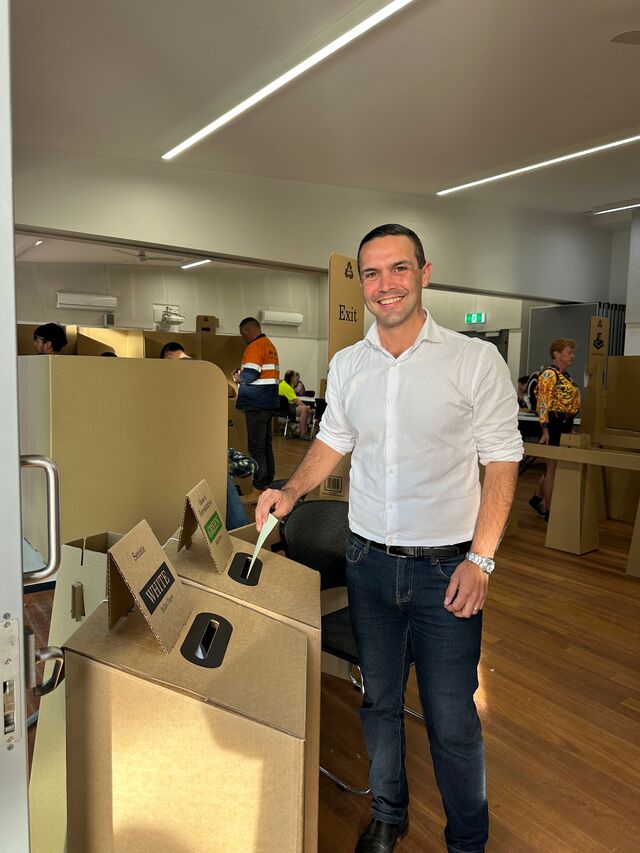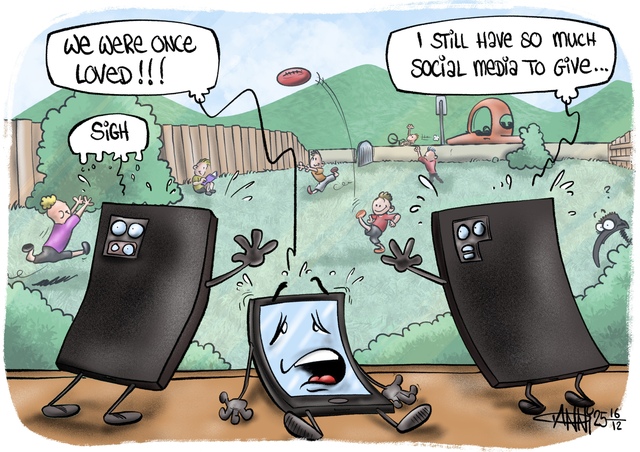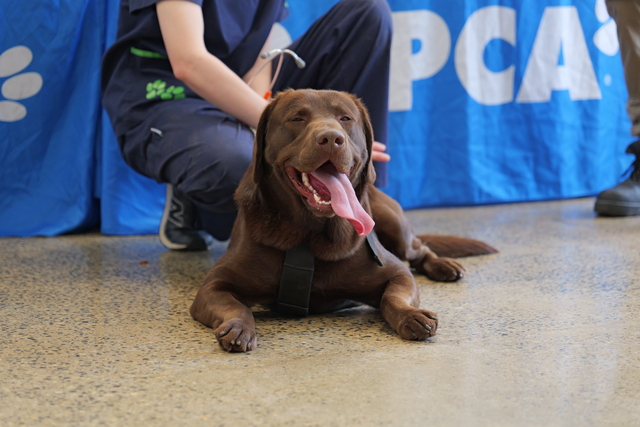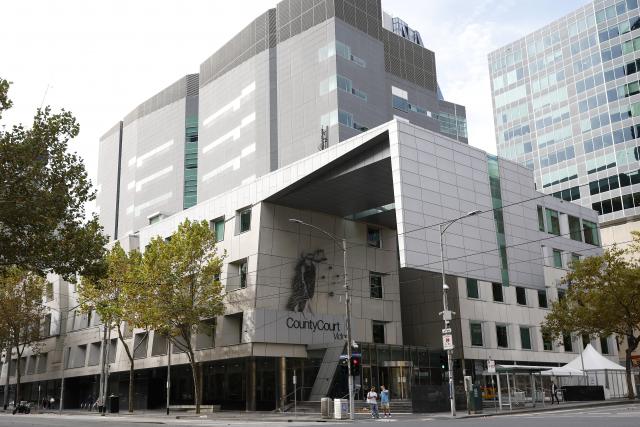While Liberal’s Aaron Violi successfully retained his seat of Casey, turning more voters across the electorate to him, his party lost most of the bordering electorates.
Political expert Dr Zareh Ghazarian said, although he was aware that the opinion polls had shown Labor was edging ahead, the final result was a bit of a shock to him.
“How quickly the result became clear on election and the size of Labor’s win, I think these were things that we didn’t really expect, such a clear-cut outcome for this election,” he said.
“The result of this election was a continuation of the result of the 2022 federal election. Voters were clearly giving the signal that they weren’t supportive of the Coalition’s policies or direction, and it appears that the coalition didn’t respond enough to convince voters.
“It gives us an indication that there were a lot of voters who were just not prepared to support the Coalition and wanted them to go back and do further homework for the next election.”
On election night, the Coalition faced a painful defeat.
Even Opposition Leader Peter Dutton lost his own seat of Dickson in Queensland, which he’d held since 2001.
The head-of-politics at Monash University said the Coalition’s policy program, which prioritised urban and outer metropolitan electorates, failed to resonate with the voters.
“(The Coalition’s policy program) was underpinned by two main policies,” Dr Ghazarian said.
“The first was the policy on reducing the excise on fuel for one year, and the other was to focus on nuclear energy as a source of energy for Australia.
“Both of these policies were presumably geared towards addressing cost-of-living concerns among voters, but they just didn’t resonate. As we’ve seen in many parts of Australia, there’s been a swing against the Coalition, especially the Liberal Party.”
Despite the big defeat of his party, Mr Violi ended up succeeding in retaining his seat with a 1.7 per cent point swing in two-party-preferred votes and a 5 per cent swing in first preference votes.
Dr Ghazarian said the result of Casey was one of the bright parts of the Coalition’s performance at this election.
“The performance of Mr Violi suggested that the party can take lessons from what has occurred in Casey,” he said.
“When we look at that, it wasn’t as high profile as the contest in Goldstein or Kooyong, but it does indicate to us that there is some volatility in Australian voters, how they’re voting and who they’re supporting, and that (candidates) who campaign effectively and can position themselves effectively in the local community are rewarded with support.
“It’s also interesting to remember that swings across states, swings across all different parts of the country can happen. They’ll change, they’ll go up, they’ll go down. There’s no uniform swing, so I think that’s also what Casey is demonstrating to us.
“When incumbent candidates do well, and especially when they go against the trend for their own path, it suggests to us that there’s strong support for the candidates and the performance over the last few years.”
Although Mr Violi won the election twice in a row for the seat of Casey, most of the surrounding electorates were taken by Labor.
Labor’s Mary Doyle succeeded in defending the seat of Aston, which she gained at a by-election in 2023, against Liberal candidate Manny Cicchiello.
Liberal’s Michael Sukkar lost to Labor’s Matt Gregg in Deakin, the seat that had been held by Mr Sukkar since 2013.
Labor’s Gabriel Ng has become the first Labor member to gain the Menzies.
The electorate had been held by three Liberal members, Neil Brown, Kevin Andrews, and Keith Wolahan, since it was first contested in 1984.
Along with Mr Violi, Liberal’s Jason Wood was also one of a few Liberal members who could retain the seat in Victoria.
Mr Wood successfully retained the La Trobe, which he has held since 2013.
Both Liberal members said they humbly accepted the election result and will listen to Australians to prepare for the next election.
On election night, Mr Wood said the Trump Presidency and the policy of reigning in working from home were damaging to the Liberal’s campaign.
“When Trump came to power, we thought it could lead to a Coalition, we didn’t know it would actually end up being a wrecking ball,” he told Star News.
“I’m not saying we ran a great campaign, we didn’t, but that really hurt.
“Our policy on working from home was one of the dumbest policies ever and that really hurt.”
Mr Violi said lots of reflection and reviews are required.
“A review is nice, but actions from that as a party are what is needed moving forward,” he told Sky News.
Both the Liberal Party and the National Party are now getting into the period of change to rebuild trust with Australian voters, with new leadership decided this week.







